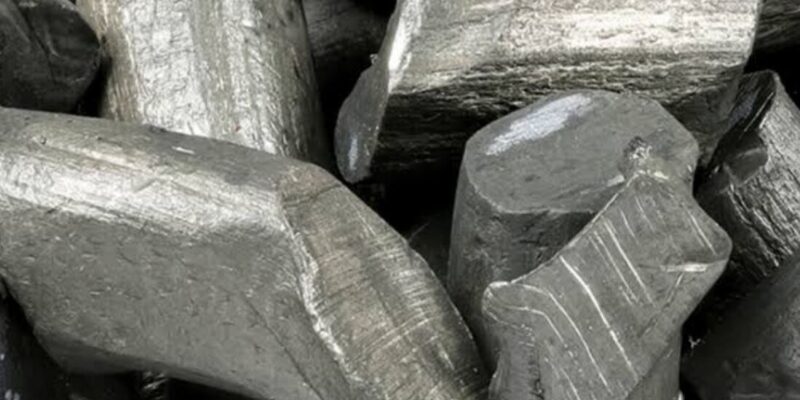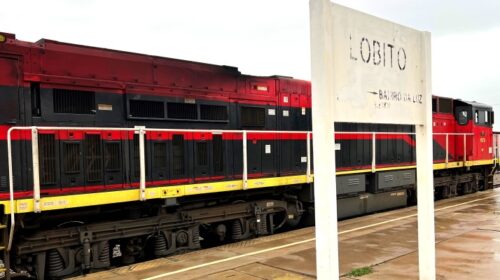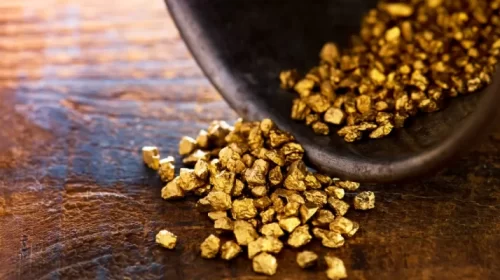Walikale territory in the DRC produced more than 48,000 tonnes of tin between 2019 and 2022
The territory of Walikale located in the province of North Kivu in the Democratic Republic of Congo (DRC) has produced 48,715.54 tonnes of tin since 2019 to date, informs Mrs. Antoinette N’Samba, Minister of Mines.
According to the Congolese Minister of Mines who answered the oral question with debate sent to her by Senator Victorine Lwese Bakuamoyo on mining in the DRC, this production generated more than 618.8 million USD.
As for the concerns raised by the senator on the distribution of profits from the mining royalty of the territory of Walikale, the Minister Antoinette N’Samba indicated that these profits are distributed in accordance with article 526 of the Mining Regulations in force in the Democratic Republic of Congo. .
“The mining royalty collected on the production of Alphamin Bisie Mining (ABM) is distributed in accordance with Article 526 of the Mining Regulations: 15% of this royalty is paid directly to the Account of the decentralized territorial entity in whose jurisdiction s mining operates, in this case the Wanianga sector, in the Walikale Territory ”, underlined Antoinette N’Samba.
Regarding the inventory of the execution of the specifications of the company ABM, the Minister of Mines of the DRC informed that this company has signed with the communities affected by its project the specifications of social responsibility, dated February 12, 2021. These specifications provided for a certain number of actions divided into fourteen (14) projects, the execution of which should start in 2021.
Currently, the implementation of the said specifications is already making significant progress, in particular certain social actions have been carried out and others are in progress:
• Out of a total of nine (9) schools planned, two (2) primary schools respectively in Ndingala and Malumbu villages are built, equipped and already functional, and two (2) primary schools in Mubi and Obyanda villages under construction;
• Ongoing assembly of ten (10) greenhouses for the agricultural project;
•Three (3) studies respectively in the fields of health, agricultural opportunities, and socio-economic previously envisaged have already been carried out for the conduct of the projects planned in the said fields;
• Ongoing drilling of wells in the villages of Malumbu, Ndingala, Obyanda, in a pure drinking water supply project envisaged in all the villages of the geographical area.
In addition to tin, the territory of Walikale abounds in gold, wolframite, coltan (Nb-Ta), colored stones (amethyst, tourmaline and corundum), rare earths such as monazite, among others.
82 total views , 1 views today





